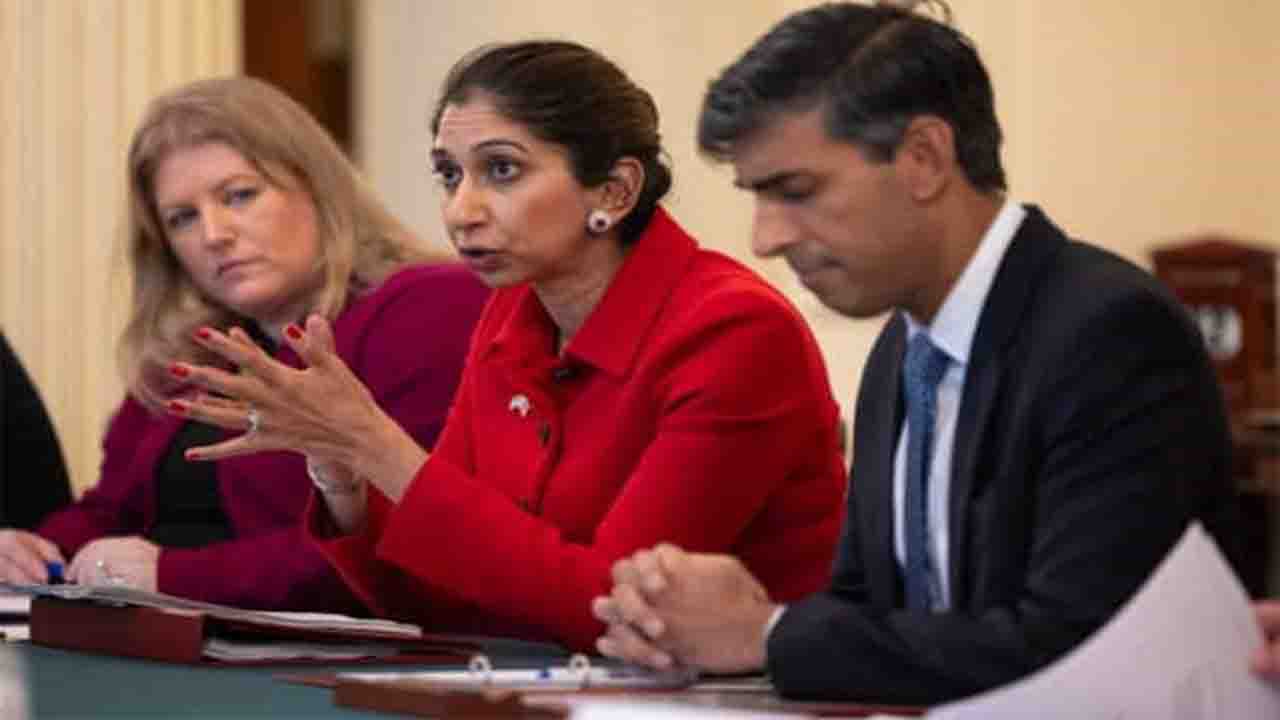Diaspora (Commonwealth Union) _ In the landscape of UK politics, notable figures like Prime Minister Rishi Sunak, Priti Patel, and Suella Braverman, who share familial roots from India to Africa and eventually the UK, defy easy categorization. These individuals, of African Indian descent, hold significant positions, including home secretaries responsible for law enforcement, national security, and immigration.
Rishi Sunak’s grandparents migrated from the Punjab to East Africa in the 1930s, with his mother born in Tanzania and father in Kenya. Priti Patel’s parents immigrated from Uganda, and she, born in the UK, identifies with “deeply held British values.” Suella Braverman, born in Britain, has roots in Mauritius and Kenyan Indian ancestry, referring to herself as a “child of the British Empire.” All three represent the African Indian diaspora, raising questions about shared experiences among migrant children and diaspora members.
Research into the Indian and African diasporas reveals a nuanced political landscape. Figures like Sunak, Braverman, and Patel exemplify diverse political affiliations and outlooks within diasporic communities. While earlier assumptions hinted at a unified political stance among diasporic and immigrant communities, recent research, particularly qualitative studies, points to a more complex reality. This shift challenges simplistic understandings and delves into the intricate dynamics of diasporic communities.
The African Indian diaspora, comprising families rooted in Africa, witnessed significant migrations in the 1970s due to policies enacted by Ugandan president Idi Amin. Discrimination and hostilities led many, including those from Tanzania and Kenya, to emigrate to countries like Canada and the UK. The waves of migration, rooted in historical factors like British colonialism, shaped the diasporic landscape.
Diasporas, living outside their original homelands, exhibit dynamic and discursive identities. As subsequent generations move to new locations, the concept of “rediasporisation” emerges. Members may identify with multiple homelands or host countries, and the fluidity of identity becomes a key theme. Scholars emphasize the need to move away from static and essentialist views of diasporic identity, recognizing its co-construction within the individual and broader structural contexts.
Real-life examples, such as Patel, Braverman, and Sunak, serve as valuable case studies for diaspora scholars. The complexity of their identities and political stances underscores the importance of in-depth research to comprehend how diasporic communities contribute to their new societies. In essence, diasporic identities are fluid, mobile, and creative, defying attempts to pigeonhole or categorize them rigidly.








